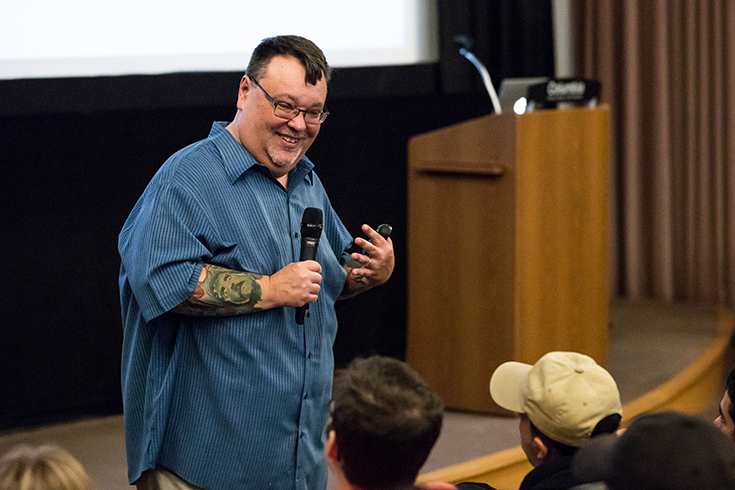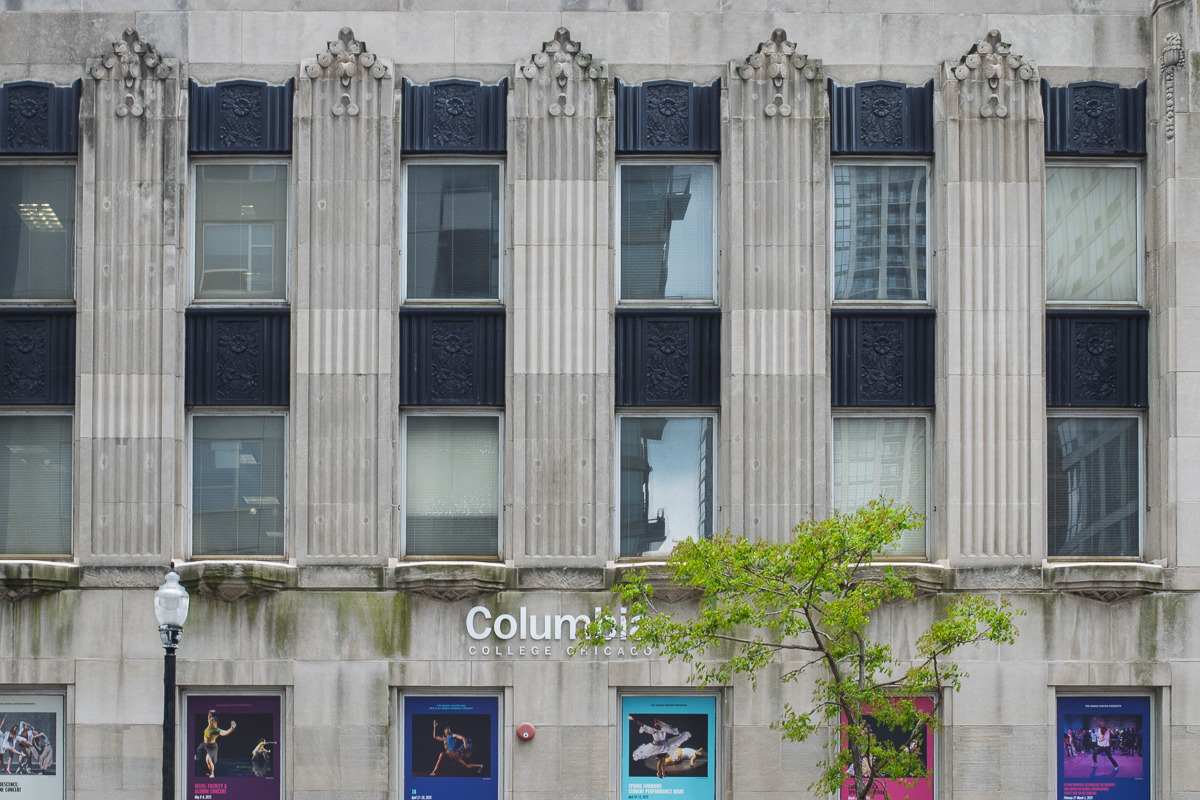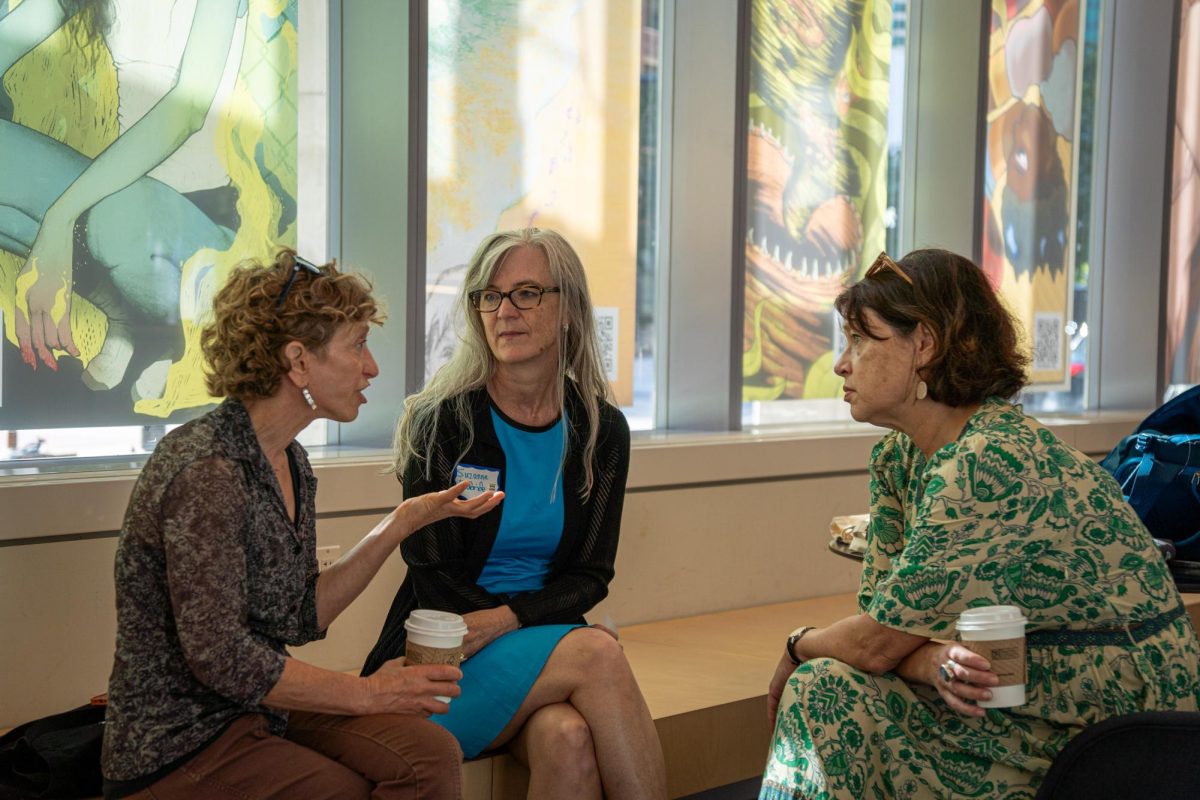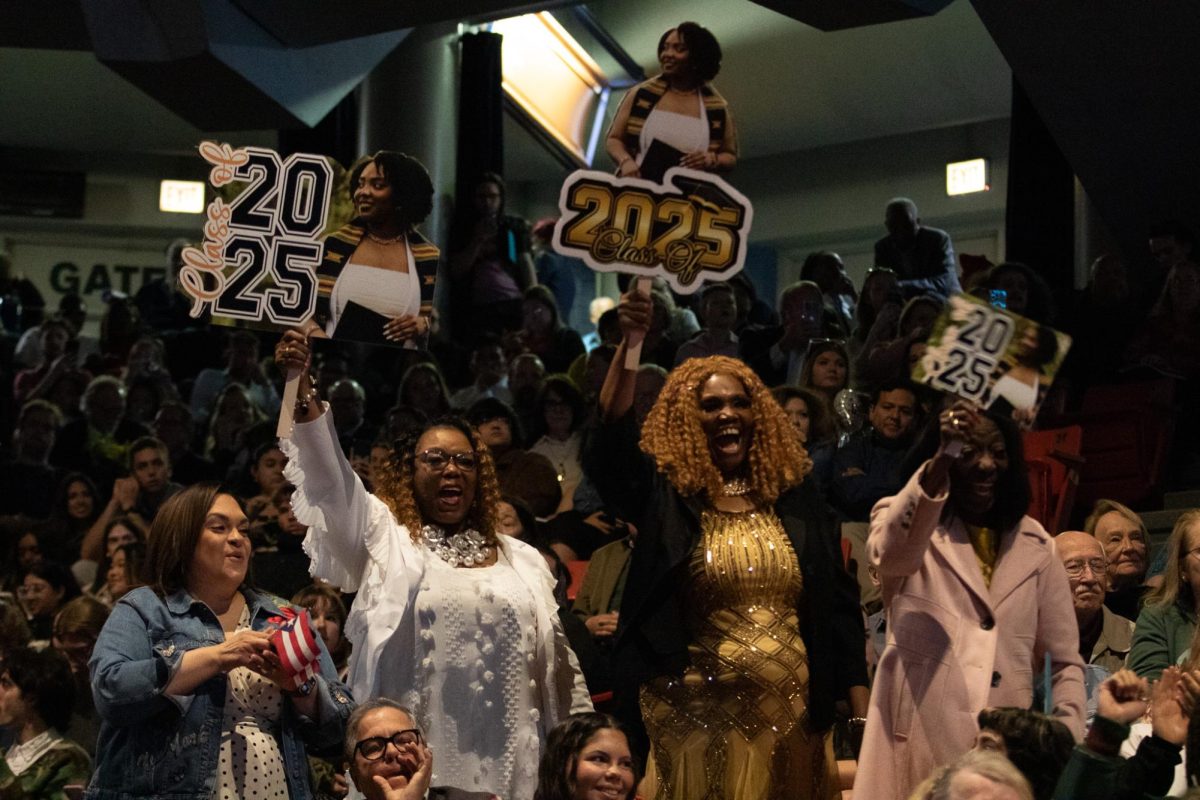When her parents asked about her summer plans, a Columbia College graduate student hesitated. She wasn’t going home to Brazil and didn’t know when she could.
“I gave them kind of a raw view of the situation here,” she said. “I was not going back.”
Nearly a year after then-candidate Donald Trump pledged to grant green cards to international students upon graduation, his administration’s reversal—and increasing scrutiny of student visa holders—has sparked fear among students like her.
Last week the White House announced a travel ban and other restrictions for people from 20 countries starting Monday, June 9. Last month the State Department also announced it would halt scheduling of new visa interviews for foreign students.
At Columbia College, some are quietly reconsidering travel plans — or whether to stay in the U.S. at all for fear that leaving could jeopardize their ability to return.
The Chronicle is withholding the names of the students interviewed because they fear retaliation for speaking critically of the U.S. government.
“I never did anything wrong,” the graduate student from Brazil said. “I’m all legal, all my documentations are right. I respect all the rules of my visa. We are afraid because it kind of seems like the administration has no criteria.”
Under new policies, F-1 and J-1 visa holders have seen their records terminated over minor infractions, and new applicants face delays, halted interviews and possible social media screenings.
Clare Lake, director of International Student Scholar Services said that, as of the time of publication, no international students at Columbia have had their visas terminated. He attributed this to Columbia’s relatively “low profile.”
“We’re not a Harvard,” he said. “We’re a smaller arts school. We’re not in the limelight.”
According to Lake, international student enrollment for the Fall 2025 semester may be impacted by crackdowns on student visas, though international students at Columbia are only 5% of the student body.
The bigger issue is the impact on tuition dollars. International students often help offset the cost for domestic students because they usually pay a higher rate. They also help subsidize financial aid for American students.
International student enrollment has been increasing since the COVID-19 pandemic, with more than 1.1 million foreign students now studying in the United States, according to the Institute of International Education.
A junior Chinese international arts management major felt “extremely proud and touched” after watching 2025 Harvard graduate Yurong “Luanna” Jiang deliver her graduate English address.
Jiang was the first Chinese student to deliver a graduation speech in the college’s nearly 400 year history, and it was given just a couple of days after United States Secretary of State, Marco Rubio, announced that the administration would “aggressively revoke” the visas of Chinese students, including those with ties to the Chinese Communist Party or studying critical fields.
The international Columbia student said that ensuing conflicts between two nations, specifically a trade war between China and the U.S., could make life harder for ordinary people.
“I hope that ordinary citizens will not become sacrificial pawns in the power struggles of the elite,” she said. “Therefore, I sincerely wish for world peace.”
A senior Korean international music major, who has been an international student for roughly a decade now, has been “devastated” by the Trump administration’s attack on them. The music major’s sister, who is also an international student, had to go back to Korea to change the status of her visa but in the process, she got rejected.
“I never thought that it would happen to me and my family,” the music major said. “I never thought that it would affect us,but then now that it has, I’m very sad and I’m scared that it’s gonna happen to me or my friends and everything.”
Identifying as neurodivergent, the situation has been a lot for the Brazilian student and has affected her mentally, but a way for her to deal with these problems is to connect with other international students who may be going through the same situation.
In that community, the student has been making sure that all the international students feel “embraced and together.”
“Just keep your people closer,” she said. “Connect with people that are going through the same stuff, check on each other and know your rights.”
Copy edited by Manuel Nocera
Resumen en español
Los estudiantes internacionales de Columbia College sienten temor ante las nuevas restricciones de visa impuestas por la administración del Presidente Trump, lo que genera incertidumbre sobre sus planes de viaje y estancia en EE.UU. Algunos han visto a familiares ser rechazados al intentar regresar, mientras otros tienen los mismos miedos aunque cumplan con todas las reglas.
Aunque aún no se han revocado visas en Columbia, estudiantes de Brasil, China y Corea aseguran que los cambios han sido mental y emocionalmente agotadores. Muchos buscan apoyo entre ellos y animan a sus compañeros a mantenerse informados y conectados.
Resumen por Manuel Nocera








